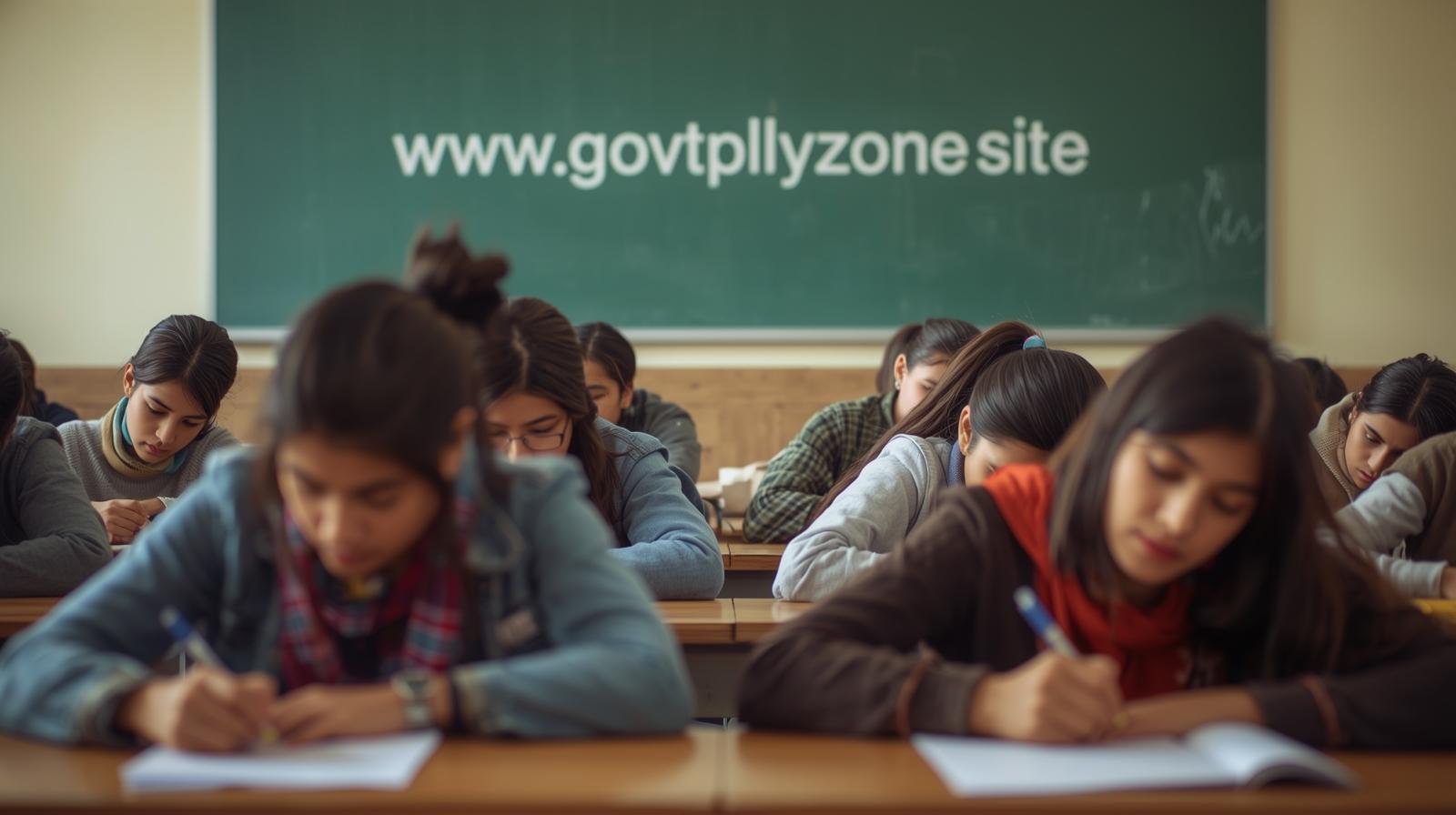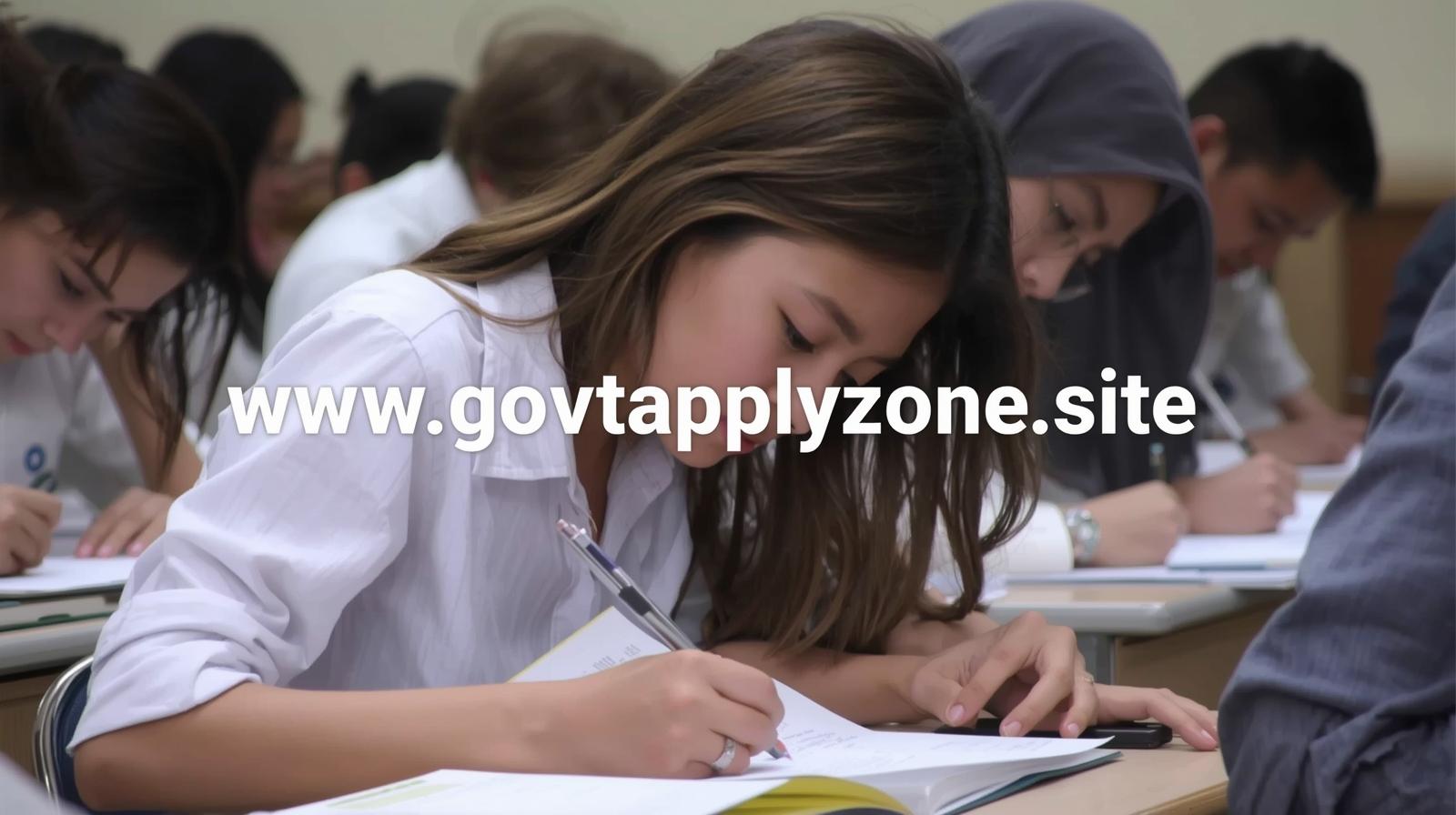UPSC CSE 2025 – Notification, Syllabus, Eligibility & Exam Pattern
Complete UPSC Civil Services Examination (CSE) 2025 guide — notification highlights, Prelims & Mains syllabus, optional subjects, eligibility, age & attempts chart, application steps, preparation plan and interview tips for aspirants aiming for IAS, IPS, IFS and allied services.
Last updated: Nov 13, 2025
UPSC CSE 2025
Notification, Syllabus, Eligibility & Exam Pattern — complete preparation guide for UPSC aspirants.
Read Notification
Exam
Union Public Service Commission — Civil Services Examination (Prelims → Mains → Interview)
Eligibility
Graduate degree from a recognized university. Age & attempts vary by category — see details below.
Stages
Prelims (CSAT + GS I) → Mains (9 papers incl. Essay & Optionals) → Personality Test (Interview)
UPSC CSE 2025 Notification — Key Highlights
UPSC officially releases CSE notification annually. Read the PDF carefully — it contains crucial information: number of vacancies, important dates, eligibility criteria, examination fee, and instructions for application and document submission.
Important Dates (Example)
- Notification Release: Nov 13, 2025
- Apply Online Window: Nov 14, 2025 – Dec 04, 2025
- Prelims Exam (Expected): May/June 2026
- Mains Exam (Expected): Sep/Oct 2026
Always refer to the official UPSC website for the PDF and latest corrigenda: upsc.gov.in.
Eligibility, Age & Attempts — UPSC CSE 2025
Educational Qualification
A candidate must hold a Bachelor's degree from a recognized university. Final-year students may apply if they can produce proof of passing the degree by the time specified by UPSC (usually at the time of Mains/Document Verification).
Age Limits & Attempts (General guidelines)
Minimum age: 21 years. Maximum age: varies by category. Typical attempt structure:
- General (UR): Up to 6 attempts (till 32 years) — standard guideline, but always verify in notification.
- OBC: 9 attempts (till 35 years).
- SC/ST: Unlimited attempts until 37 years (as per existing rules) — check latest notification for updates.
- Physically Handicapped: Age relaxation applies as per rules.
Exact age cut-off date is the date mentioned in notification (commonly 1st August of the exam year or as specified). Use the official PDF to calculate eligibility precisely.
Exam Pattern — Prelims, Mains & Interview
Preliminary Examination (Screening)
Prelims consist of two papers (objective type) — GS Paper I (General Studies) and CSAT (General Aptitude). CSAT is qualifying in nature — candidates need minimum qualifying marks to be considered for Mains.
| Paper | Marks | Type |
|---|---|---|
| General Studies Paper I (Prelims) | 200 | Objective (MCQs) |
| CSAT (Prelims) — Paper II (Qualifying) | 200 | Objective (MCQs) — qualifying (33% pass mark usually) |
Mains Examination
Mains is descriptive and consists of nine papers — Essay, GS I–IV, Optional Paper I & II (two papers), and two qualifying language papers (one English, one Indian language).
| Paper | Marks |
|---|---|
| Essay | 250 |
| General Studies I (Indian Heritage & History) | 250 |
| General Studies II (Governance, Constitution, Polity) | 250 |
| General Studies III (Economy, Technology, Environment) | 250 |
| General Studies IV (Ethics, Integrity & Aptitude) | 250 |
| Optional Paper I | 250 |
| Optional Paper II | 250 |
| Language Papers (Qualifying each) | 300 (2 × 150) — qualifying |
Personality Test (Interview)
Interview carries 275 marks and assesses candidate’s personality traits, clarity of thought, integrity, social awareness and suitability for public service.
Syllabus — Prelims (GS I) & CSAT
Prelims — General Studies Paper I (Syllabus Summary)
- Current events of national and international importance
- History of India — Modern Indian history and freedom struggle
- Indian and World Geography — physical, social, economic geography
- Indian Polity and Governance — constitution, political system, Panchayati Raj
- Economic and Social Development — sustainable development, poverty, inclusion
- General issues on environmental ecology, biodiversity and climate change
- General Science — basics and applications
CSAT (Paper II) — Qualifying
- Comprehension, interpersonal skills, logical reasoning and analytical ability
- Decision-making and problem-solving
- Basic numeracy, data interpretation and graphs (up to class X level)
CSAT is qualifying in nature (usually requires 33% marks). Focus on speed and accuracy for Prelims MCQs.
Mains Syllabus — Paper-wise Overview
Essay
Ability to write a structured essay on multiple topics — clarity, coherence, and balanced arguments are evaluated.
General Studies Papers I–IV
- GS I: Indian heritage, history, culture, and geography
- GS II: Governance, constitution, polity, social justice and international relations
- GS III: Technology, economic development, biodiversity, security and disaster management
- GS IV: Ethics, integrity and aptitude — case studies and moral dilemmas
Optional Subject
Choose one optional subject (two papers) from UPSC’s list of subjects. Choose based on background, scoring trends and availability of good resources/mentors.
Language Papers (Qualifying)
One Indian language paper and one English paper — qualifying; minimum marks required as per notification.
Optional Subjects — Choose Wisely
Popular optional subjects: Public Administration, Geography, Sociology, History, Anthropology, Political Science & International Relations, Philosophy, Economics, Mathematics, Law, Medical Science, Engineering subjects, Literature papers (various languages).
Choosing tips: pick a subject you enjoy, have background in, or where overlap with General Studies exists (e.g., Public Administration & Governance). Evaluate availability of good teachers and quality study material.
Vacancy 2025 (Expected) & Previous Cutoffs
UPSC releases vacancy numbers annually. Vacancy count determines final allotments and cutoffs. Below are indicative previous cutoffs for target setting.
| Category | 2024 (Mains final score) | 2023 | 2022 |
|---|---|---|---|
| UR | 1060–1120 | 1040–1100 | 1020–1080 |
| OBC | 1040–1100 | 1020–1080 | 1000–1060 |
| SC | 980–1040 | 960–1020 | 940–1000 |
| ST | 920–980 | 900–960 | 880–940 |
These are indicative scoring ranges to set preparation targets. Real cutoffs vary each year; aim consistently high across Mains + Interview to secure service preference.
How to Apply — Step-by-step (UPSC Online)
- Visit the UPSC Online website (https://upsconline.nic.in/).
- Complete Part I registration (basic details) and get registration ID.
- Complete Part II — detailed application, choose centre, language options, optional subject code.
- Upload photo & signature per the size & format; verify and pay exam fee (if applicable).
- Submit & take printout of confirmation page for records.
Keep scanned documents and IDs handy before starting. Payment receipts and confirmation copies are essential for future correspondence.
DAF, Interview & Personality Test — What to Expect
Detailed Application Form (DAF)
After Mains results, shortlisted candidates must fill DAF online. DAF captures detailed personal, educational, employment, hobbies and optional subject details which the interview board may probe.
Personality Test (Interview)
Interview assesses clarity of thought, social awareness, ethical grounding, leadership potential and suitability for public service. Practice articulation, current affairs depth, and honest personal reflections.
Tip: Prepare a crisp personal profile (achievements, challenges, volunteers, internships) and reasoned opinions on governance issues — boards value maturity and balance over rehearsed answers.
Preparation Strategy — 1 Year Roadmap & Resources
A consistent 9–12 month plan focusing on conceptual clarity, regular current affairs, and timed practice helps most aspirants. Combine prelims-oriented practice with deeper Mains answer writing from early stages.
12-Month Study Plan (High-level)
- Months 1–3: Build foundation — NCERTs (history, geography, polity), basic economy, daily current affairs notes.
- Months 4–6: Advance syllabus — standard references (Laxmikanth, Bipin Chandra, Ramesh Singh), practice MCQs & start CSAT practice.
- Months 7–9: Intensive answer writing (Mains), essay practice, monthly full-length prelim mocks.
- Months 10–12: Revision, full mocks, optional deep-dive, DAF preparation and interview mock sessions.
Daily Routine Tips
- 2–3 hours of static syllabus (books)
- 1–2 hours of current affairs (notes & revision)
- 1 hour daily CSAT practice and 1–2 timed mocks weekly
- 2–3 essays/answers per week for Mains practice
Recommended Books & Online Resources
- NCERTs (6–12) — History, Geography, Polity, Science basics
- M. Laxmikanth — Indian Polity
- Bipan Chandra — Modern India
- Ramesh Singh / Indian Economy texts
- Shankar IAS, Vision IAS, Insights IAS test series for mocks
- Pib, PRS, The Hindu/Indian Express for current affairs
Study Sessions & Aspirant Gallery

Peer discussion & group revision.

Note-making and monthly current affairs.

Mains answer writing practice.

Time-bound online mocks.
Frequently Asked Questions (UPSC CSE 2025)
When will UPSC CSE 2025 notification be released?
Can final-year students apply?
Is CSAT qualifying?
How to choose optional subject?
How important are mocks?
What books to start with?
What is the weightage of Interview?
GovtApplyZone | UPSC CSE 2025 | UPSC Syllabus 2025 | UPSC Notification 2025 | UPSC CSE Prelims | UPSC Mains | UPSC Interview | IAS 2025 | IPS 2025
